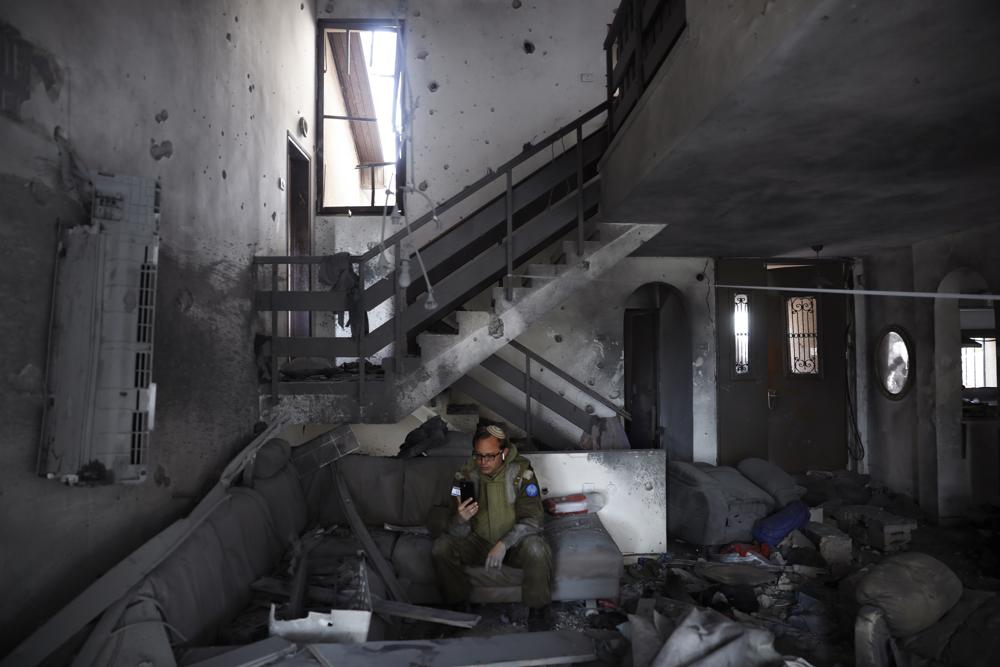

Israel and Hamas agreed to a cease-fire Thursday, halting a bruising 11-day war that caused widespread destruction in the Gaza Strip, brought life in much of Israel to a standstill and left more than 200 people dead.
At 2 am local time, just as the cease-fire took effect, frenzy life returned to the streets of Gaza. People went out of their homes, some shouting “Allahu Akbar” or whistling from balconies. Many fired in the air, celebrating the truce.
Like the three previous wars between the bitter enemies, the latest round of fighting ended inconclusively. Israel claimed to inflict heavy damage on Hamas but once again was unable to halt the Islamic militant group’s nonstop rocket barrages. Almost immediately, Israeli Prime Minister Benjamin Netanyahu faced angry accusations from his hard-line, right-wing base that he stopped the operation too soon.
Hamas, the Islamic militant group sworn to Israel’s destruction, also claimed victory. But it now faces the daunting challenge of rebuilding in a territory already suffering from poverty, widespread unemployment and a raging coronavirus outbreak.
Netanyahu’s office said his Security Cabinet had unanimously accepted an Egyptian cease-fire proposal after recommendations from Israel’s military chief and other top security officials. A statement boasted of “significant achievements in the operation, some of which are unprecedented.”
It also included a veiled threat against Hamas. “The political leaders emphasized that the reality on the ground will determine the future of the campaign,” the statement said.